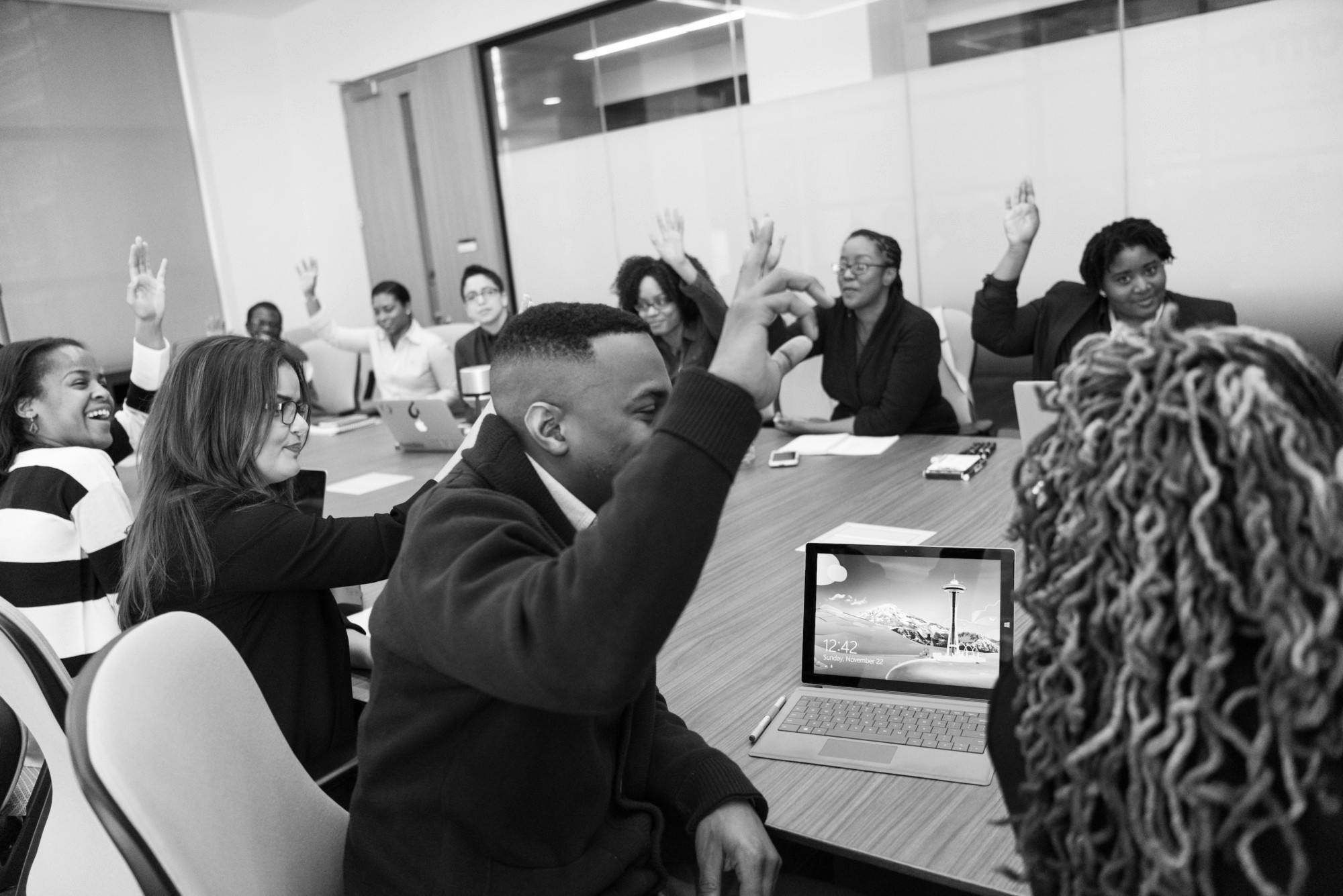Raise your hand if you’ve read a recent article or blog post about HR and how organizations can find talent, develop talent, and help drive productivity. This type of practical advice – which is helpful and definitely useful – is ubiquitous in the HR world these days.
Less frequent are webinars, posts, videos, and tips about using the same skills-building process for the HR team. It might be that as HR professionals, we are so busy taking care of the people in our organization that we forget to apply the same skills development to our own people. This is a mistake.
When we skip our own HR development in the race to learn, upskill and reskill, we miss out on a powerful learning experience that could inform how we improve our own jobs. After all, we are in the business of skills development, so shouldn’t we also experience the joys, challenges, and thrills of leveraging our strengths?
No HR pro left behind
As HR people, we are pretty good at identifying talent (if I do say so myself!). But what many of us don’t do so well is thoroughly develop the talent we worked so hard to acquire right on our own teams.
By developing your HR pros, you’ll send a strong message that their personal and career growth matters. This positive message pays dividends in more engaged employees, higher morale, and increased productivity. Ask yourself: would I rather work at a company that offered me personalized learning and data-driven performance management or just left me alone to figure things out on my own?
Get ready to skill up your HR team with these four key skills each person can draw on to help develop a stronger HR department all around.
Skill #1: Understand the evolving role of HR
Hopefully, your HR department has ditched the compliance-driven personnel model for a more strategic HR identity that is geared toward performance management, personalized learning, and an exceptional employee experience.
But some of us are still slogging through the “traditional” HR role of hiring, compensation, and compliance checkboxes. If this is your situation, it is past time for your company to morph into an environment where HR is viewed as a strategic partner. Once this happens – and I hope it is soon! – the HR team will need to rebrand their new role. Out with the compliance police and in with developing new leaders for your organization. This is a win for the entire organization.
Skill #2: Be dedicated to the employee experience
Over the past decade, the world of work has changed at a fast clip. Our workplaces have moved from siloed hierarchies to collaborative teams that work cross-functionally to deliver objectives. We’ve tossed out the faded talent management principles of yesterday and updated the way we recruit, manage, and develop our people. We also have at our fingertips intuitive HR technology that strives to offer a similar experience to what we’re used to on our phones and smart home devices.
The most successful HR departments unflinchingly examined these workplace changes and pivoted to improve the employee experience through onboarding, learning, career development, and performance management. And well they should! Competition for talent has never been more fierce. “HR’s role is, therefore, being revisited and reshaped to ensure that it works towards improving an employee’s overall experience,” SHRM states. “…Being a nurturer and ensuring that relationships are built with employees is the new normal for HR.”
Skill #3: Rock the candidate experience
Let’s back up. Before a prospective employee becomes part of the team, their candidate experience sets the stage for their eventual feelings about and engagement with your organization.
Research from the Talent Board, a non-profit organization focused on the elevation and promotion of a quality candidate experience, found that candidates who described their experience as “negative” said they would not consider doing business with the company, would not apply again and would not refer their friends and fellow colleagues to work there. But if the candidate’s experience “great,” they were pleased to recommend the organization to others and would consider doing business with the company even if they ultimately did not receive a job offer.
It’s vital that HR leaders today create a meaningful experience for candidates. Beyond ease of application, a dynamic careers site, and a topnotch employer value proposition (EVP), HR pros should craft quality pre-boarding and onboarding activities, and offer swift integration into the organization, so new employees feel prepared for their new role.
Skill #4: Learn in-demand soft skills
I saved this one for last because they are skills your HR pros should learn – but it doesn’t take a fancy certification or expensive degree. For some people, these soft skills will come naturally. Others may need to lean on mentors or find someone to observe who emulates these traits.
In-demand soft skills can be applied to any role or leadership position. They represent a willingness to learn, wrapped up in a healthy dose of self-motivation. If you are a manager, help your team to work on these skills. You’ll be known as a manager who develops talent, and that’s a great reputation to have in any organization.
As HR moves to enhance our strategic proficiencies in our companies, we must not neglect our own learning and development experience. From the candidate experience to the employee experience to embracing a new HR brand and improving soft skills, work to leverage your HR team’s strengths and promote the unique talents of your people.
